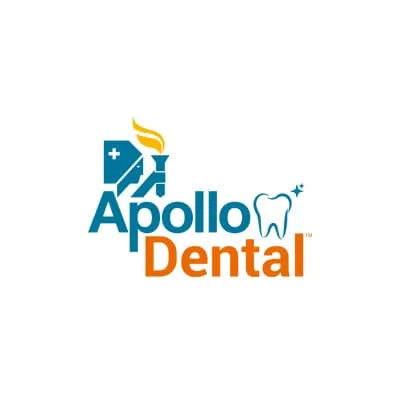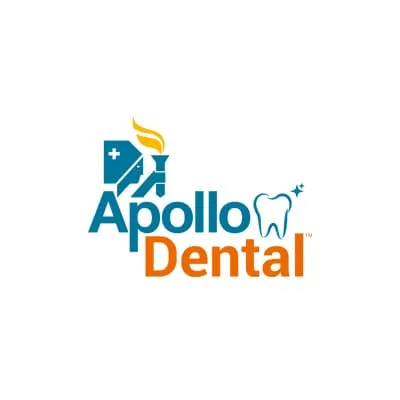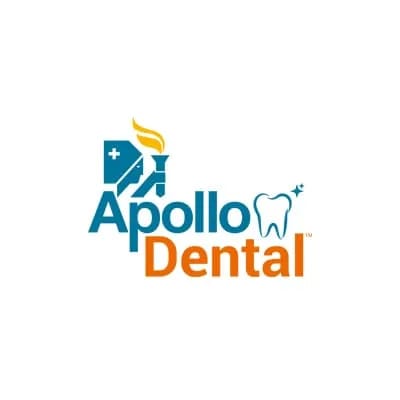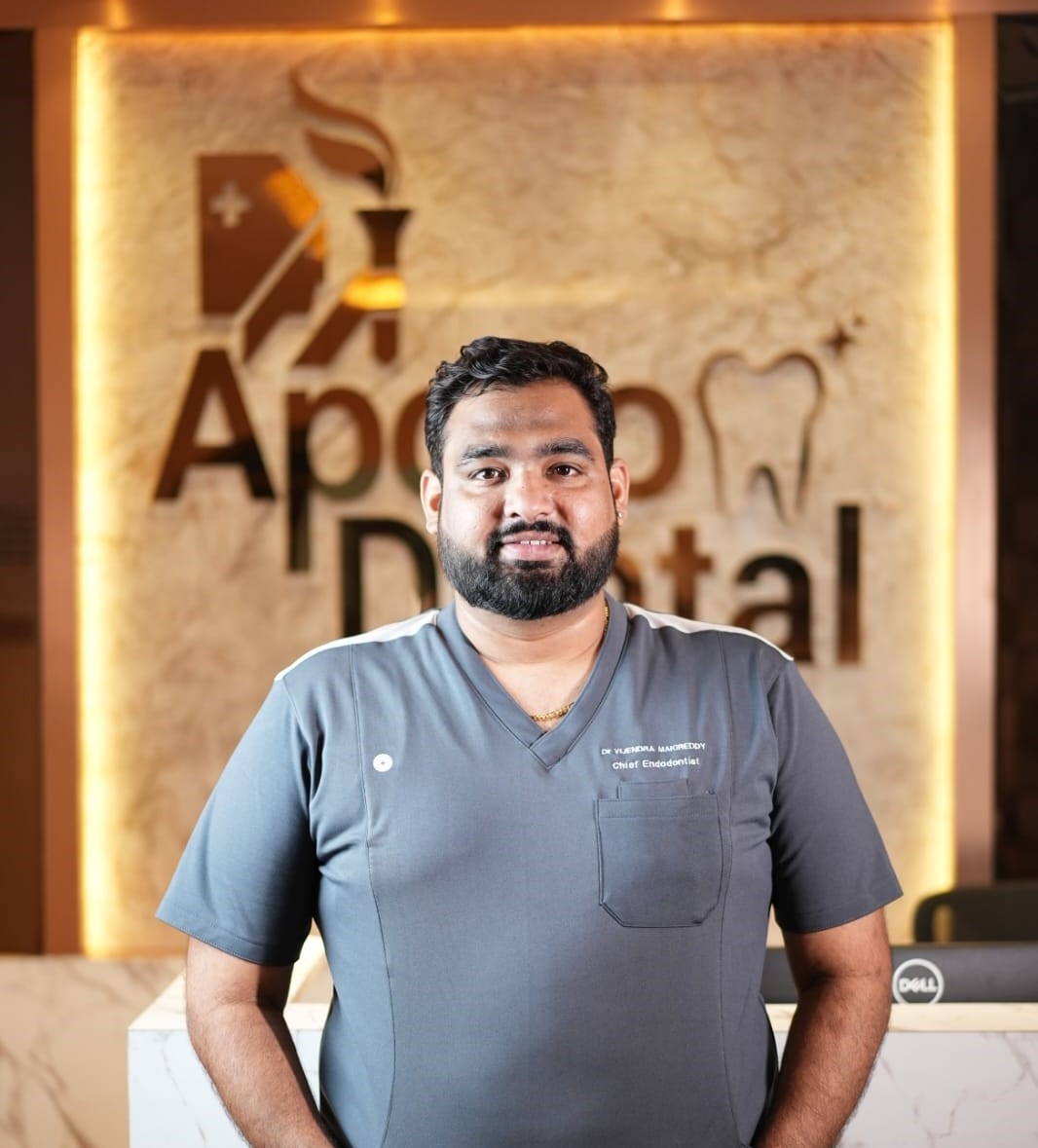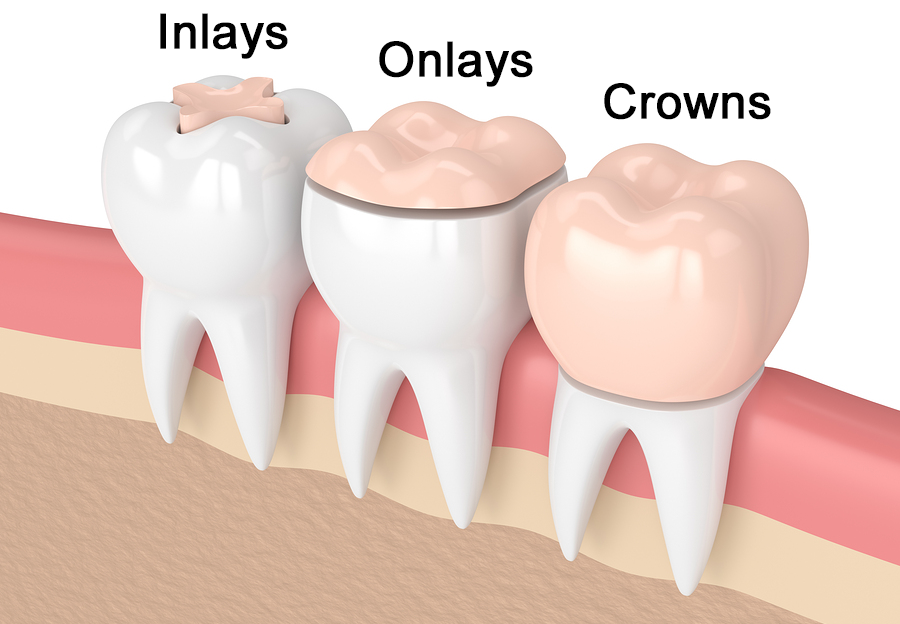
If you are experiencing dental cavities and decay, then apart from crowns or tooth fillings you may consider a few other options like dental inlays and onlays. Both are known as “Indirect Fillings”, which give your mouth solid support and fit the particular shape and size of your cavities.
If you are worried about your oral health and want to find the best dental clinic in Chennai or consult an endodontist or the best dental surgeon near you, read on.
What are dental inlays?
Dentists will use dental inlays if you have damaged chewing surfaces or teeth with damaged enamel. Inlays are custom-made, robust, and durable teeth fillings made of materials like gold, porcelain, etc. Inlays do not affect your cusps.
What are dental onlays?
Dentists will use dental onlays to fill up your larger cavities, and they extend over your teeth cusps. Dental onlays will help you strengthen your teeth and protect them from decay. Dental onlays are made up of porcelain or composite materials.
What is the difference between a dental inlay and an onlay?
If your endodontist suggests dental inlays, it will repair or reduce your teeth surface damage. Conversely, dental onlays, also known as partial crowns, will be used if you have larger areas of damaged teeth.
What are the benefits of inlays and onlays?
Upon using inlays and onlays you will experience several benefits, like:
- Custom-made to fit your teeth’ shape, colour, and structure
- Better resistance to future teeth fractures or damages than traditional cavity fillings
- Do not stain easily
- Gives your teeth a natural and improved appearance
- Lasts up to 30 years
What are dental inlays and onlays made of?
Dental inlays and onlays can be made with the following materials:
- Gold
- Ceramic (Porcelain)
- Composite Resin
How is the Inlays/Onlays procedure done?
Your endodontist will perform the following steps:
1. Removal of your cavity fillings, if needed
2. Take an exact impression of your teeth (inlay/onlay mould)
3. Preparing a temporary filling and placing it in the cavity
4. Removal of the temporary filling
5. Final placement of the inlay/onlay via cementing to the tooth
Conclusion
Although inlays and onlays have excellent oral restoration abilities with higher shelf life, oral treatment via these is not that common. If you have oral problems and think you can be a good match for inlays/onlays, schedule a consultation with the best dental surgeon near you , particularly an endodontist or a trained general dentist.
Request an appointment at Apollo Dental, Chennai. Call 18001020288 to book an appointment.
Treatment via inlays and onlays is very safe, apart from a few minimal side effects which can arise during or after the procedure, like: Allergic reaction towards inlays/onlays materials Oral pain Increased sensitivity to heat or cold Bleeding gums Teeth, gums, or tongue injuries
You should reduce your intake of sugar. Also,avoid acidic foods and drinks, like candy, coffee, carbonated drinks, dark fruits, processed foods, etc.
Your dentist will schedule routine check-ups for monitoring your dental restoration via inlays/onlays, every six months. He will look for any signs of leakage, teeth damage, or oral disease.
Inlay and Onlays Doctors in Chennai
B.D.S & M.D.S...
| Experience | : | 14 Years Experience |
|---|---|---|
| Speciality | : | Conservative Dentistry/Root Canal Specialist/Endodontics/Endodontist... |
| Location | : | Adyar |
| Timings | : | Mon - Sat : 5:00 PM ... |
MDS...
| Experience | : | 2 Years Experience |
|---|---|---|
| Speciality | : | Endodontics... |
| Location | : | MRC Nagar |
| Timings | : | Mon - Sat : On Call... |
MDS...
| Experience | : | 17 Years Experience |
|---|---|---|
| Speciality | : | Endodontics... |
| Location | : | MRC Nagar |
| Timings | : | Mon - Sat : On Call... |
BDS, MDS...
| Experience | : | 3 Years Experience |
|---|---|---|
| Speciality | : | Endodontics... |
| Location | : | Perumbakkam |
| Timings | : | Mon - Sun : 9:00 AM ... |
B.D.S, M.D.S...
| Experience | : | 12 Years Experience |
|---|---|---|
| Speciality | : | Endodontics... |
| Location | : | Anna Nagar |
| Timings | : | Mon to Sat: 9:00 AM ... |
MDS...
| Experience | : | 4 Years Experience |
|---|---|---|
| Speciality | : | Endodontics... |
| Location | : | Kolathur |
| Timings | : | Mon - Sat : 11:00 AM... |
BDS, MDS...
| Experience | : | 4 Years Experience |
|---|---|---|
| Speciality | : | Conservative Dentistry/Endodontics... |
| Location | : | Alwarpet |
| Timings | : | Mon to Sat : 9:00 AM... |
BDS FDS (Endodontics...
| Experience | : | 6 Years Experience |
|---|---|---|
| Speciality | : | Endodontics... |
| Location | : | KNK Nungambakkam |
| Timings | : | Mon to Sat : 9:30 AM... |
BDS FDS (Endodontics...
| Experience | : | 6 Years Experience |
|---|---|---|
| Speciality | : | Endodontics... |
| Location | : | Apollo One - Greams Road |
| Timings | : | Mon to Sat : On Call... |
BDS, MDS...
| Experience | : | 15 Years Experience |
|---|---|---|
| Speciality | : | Endodontics... |
| Location | : | Alwarpet |
| Timings | : | Mon - Sat : On Call... |




